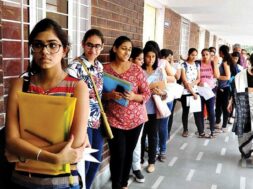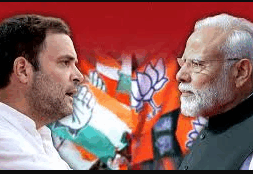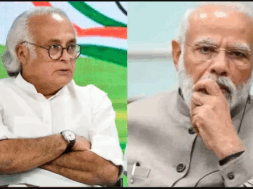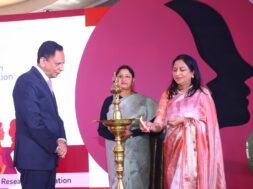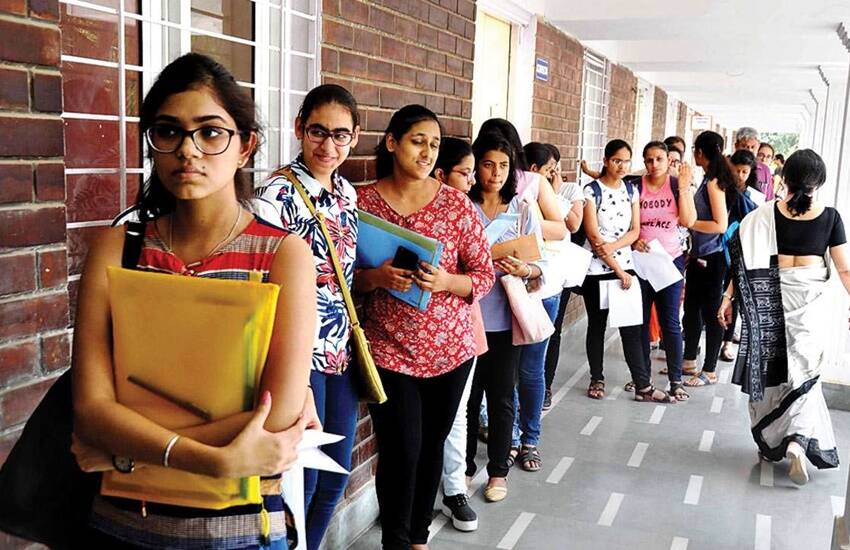
Manas Dasgupta
NEW DELHI, July 18: A shocking news has come from Kerala. Many girl students going to write the National Eligibility Entrance Test (NEET), the medical entrance examination, on Sunday were forced to remove their inner-wears because the metallic hooks produced beep sounds during the security checks before entering the examination halls.
The incident came to light after the father of a girl student filed a police complaint against the security drill in Kollam district in the southern state. The student taking the NEET medical entrance exam was allegedly forced to take off her bra before writing the exam as the metal hooks beeped during a security check.
At the NEET centre in Kollam district the girl was allegedly told by female security personnel that she must remove her bra because of the “metallic hook.” When she resisted, she was told that if she did not comply, she would not be allowed to take the medical admission test. “Is your future or innerwear big for you? Just remove it and don’t waste our time,” the girl was told, according to her father’s complaint to the police.
According to reports, the authorities allegedly asked approximately 100 girls to remove their innerwear before attempting the high-stake exam. Students claimed that the authorities dumped their undergarments in cartons. However, the Marthoma Institute of Information Technology, where the incident took place, has denied any responsibility. The institute has denied any wrongdoing, saying frisking and biometric checking were done by external agencies.
The Kollam police chief KB Ravi confirmed that the girl’s parents have filed a complaint. They have also alleged that several girls were forced to remove their underwear, and these were lying discarded in a storeroom.
“After a security check, my daughter was told that the hook of the innerwear was detected by the metal detector, so she was asked to remove it. Almost 90% of female students had to remove their inners and keep them in a storeroom. The candidates were mentally disturbed while writing the exam,” said the girl’s father. In his letter to the police, he said his daughter had seen a “roomful of innerwear that was taken” and many girls were crying and felt “mentally tortured.”
Many students, he wrote, were “cutting their hooks” and tying them up. “The mental state of these children was disturbed and they could not attend the exam comfortably (sic).” In 2017 similar case was reported in north Kerala’s Kannur. During the screening, a metal detector installed outside the examination centre sounded beef when the girl went through it. The girl said she was wearing a bra with a steel buckle that caused the metal detector to beep. She was allegedly asked to remove her underwear 10 minutes before the NEET examination.
Several Muslim students who went to appear for the NEET in Rajasthan’s Kota and Maharashtra’s Washim faced trouble for wearing hijab. In Kota, Muslim students were stopped at the entrance of the Modi College and asked to remove their hijabs. This created a dispute between the students and the police outside the centre.
The observer was called and the students were allowed to enter the premises after they signed a written application that if any kind of misconduct will be recorded during the examination, it would be her responsibility.
While students from Kota were allowed to give the examinations in their hijabs after a ruckus, several students from Washim were forced to remove their hijabs before giving the tests. Nearly six students, including Iram Mohammad Zakir and Ariba Saman Azhar Hussain, complained about administrative officers and exam centre officials misbehaving and forcing them to remove their hijabs.
The students were called out of the examination hall at Matoshri Shantabai Gote Mahavidyalaya and their hijabs were forcibly removed. This irked the Muslim community and a large crowd gathered outside the campus. The police superintendent appointed a force outside the college for the safety of other students.
As per the official guidelines of the National Testing Agency, candidates are advised to wear casual and weather-appropriate clothing and avoid light-coloured clothes with full sleeves during the NEET examination.
The aspirants are not allowed to wear shoes. While students can wear customary or culturally appropriate outfits, they must report to the NEET exam centre a minimum of two hours prior to the reporting time to allow proper checking.
For tens of thousands of medical aspirants, clearing the NEET security check is a huge challenge. Candidates are asked not to carry stationary and follow a strict dress code in which wallets, handbags, belts, caps, jewellery, shoes and heels are banned. The Kollam incident appears to be an example of the restrictions and the security checks taken too far, to egregious levels.
